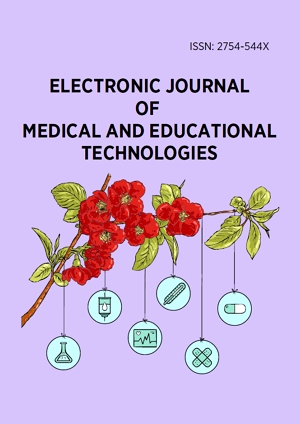Abstract
Objectives: The aim of this study is to analyze biochemical parameters and develop risk prediction models in patients with schizophrenia and bipolar disorder.
Methods: Biochemical values of 65 schizophrenia and 65 bipolar disorder patients were statistically compared by analyzing thyroid function tests (TSH, T3 and T4), 25-0H vitamin D3, calcium, ferritin, iron, folate, vitamin B12, and magnesium levels. Risk analysis of the control group was evaluated in line with the obtained findings.
Results: Male patients diagnosed with schizophrenia were observed to have lower T3 level than that of control group (p<0.001). Vitamin B12 value and Ferritin levels of male patients diagnosed with bipolar disorder were higher than those of control group (p<0.05), while their T3 levels were lower comparing to control group (p<0.001).
Female patients diagnosed with schizophrenia were observed to have higher Ferritin levels (p<0.05) and lower T3 levels comparing to control group (p<0.001). When female patients diagnosed with bipolar disorder were compared with control group, their Ferritin levels and T4 levels were observed to be higher (p<0.05).
Conclusion: Unless an intervention is made by detecting vitamin deficiency, the treatment may fail with psychotropic medications. In psychotic symptoms, in addition to antipsychotic treatment, replacement of low serum vitamin level may have positive effects on recovery. Therefore, serum vitamin B12, T3, T4 and TSH hormones, and ferritin levels can be recommended to be used as routine screening tests especially in the first applications of psychiatric patients with cognitive disorders.
License
This is an open access article distributed under the Creative Commons Attribution License which permits unrestricted use, distribution, and reproduction in any medium, provided the original work is properly cited.
Article Type: Original Article
EUROPEAN J MED ED TE, Volume 14, Issue 3, September 2021, Article No: em2112
https://doi.org/10.30935/ejmets/11129
Publication date: 06 Aug 2021
Article Views: 2678
Article Downloads: 1476
Open Access References How to cite this article
 Full Text (PDF)
Full Text (PDF)